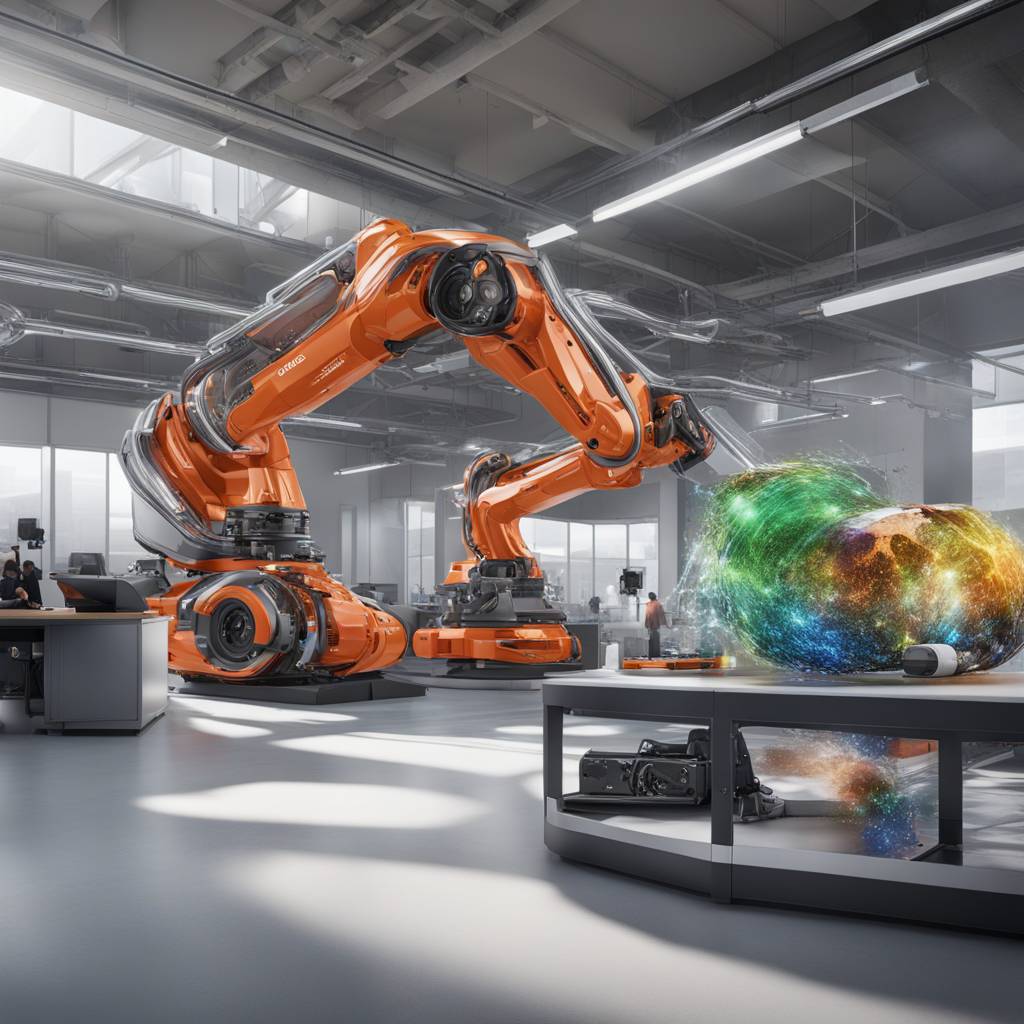Autodesk (ADSK) has emerged as a key player in the integration of generative AI technology into various industries such as design, construction, manufacturing, and entertainment. The company offers software solutions for architecture, engineering, construction, product design, manufacturing, and media & entertainment sectors, enhancing its portfolio with generative AI capabilities. In fiscal 2024, Autodesk reported a 10% increase in total revenue to $5.5 billion, with its business divided into four operating units: Architecture, engineering, and construction (AEC), AutoCAD, Manufacturing, and Media & entertainment.
Last May, Autodesk introduced Forma, an industry cloud designed to streamline workflows across design, construction, and operations teams. Forma simplifies early-stage planning and design processes by providing automation and AI-powered insights, allowing architects to explore design concepts more efficiently and evaluate environmental qualities around a building site. By enabling iterative work processes, Forma helps architects quickly evaluate various design options, improve upon the best features, and produce higher-quality deliverables for clients without requiring deep technical expertise.
Forma’s contextual modeling capability simplifies the initiation of new building information modeling (BIM) projects by allowing users to set up 3D models within minutes and perform real-time analyses on initial designs to assess key density and environmental qualities. Additionally, Autodesk AI, launched last fall, offers intelligent assistance and generative capabilities to enhance creativity, problem-solving, and productivity across the product portfolio. The virtual assistant lowers the learning curve for designers and engineers, enabling them to operate more efficiently and accelerate innovation.
In the AEC operating unit, Autodesk’s Construction IQ utilizes AI to predict, prevent, and manage construction risks impacting quality, safety, costs, and scheduling. AutoCAD leverages AI to help drafters iterate faster by interpreting handwritten and digital markups and recommending context-aware actions. The company’s new Machine Learning Deluge tool combines AI to predict flood maps in various projects, enhancing the efficiency of drainage design processes and preventing water disasters.
In the product design and manufacturing segment, Autodesk’s generative AI capabilities facilitate conceptual design exploration in the auto industry, accelerating outcomes and enabling real-time creation and editing of 3D models using semantic controls and natural language commands. In the media & entertainment sector, generative AI in Autodesk Flow enables efficient scheduling and resource management in productions, reducing the time taken to generate production schedules and automate manual tasks such as keying, sky replacement, and camera tracking in Autodesk Flame.
Despite modest revenue growth expectations for fiscal 2025, Autodesk’s innovative AI initiatives are expected to enhance its competitive positioning and drive future success. With shares up 7% year-to-date and trading at a forward P/E of 32.2, Autodesk’s stock recently reached a new 52-week high. Analysts anticipate further growth opportunities as the company continues to leverage generative AI technology to revolutionize design, construction, manufacturing, and entertainment industries.













